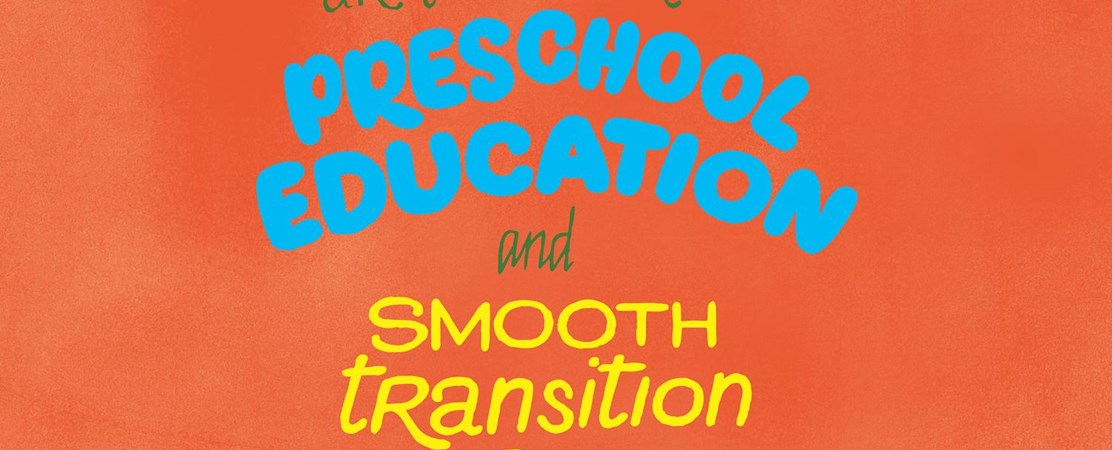Arctic Children: Preschool Education and Smooth Transition to School

By Anna Polezhaeva, Head, Protocol and International Cooperation Department, Federal Agency for Nationality Affairs, Russian Federation
In view of globalization and the changing environment, it is obvious that the current condition of indigenous education evokes profound concern and challenging constraints. Among its critical gaps are the rates of enrollment and student retention, low levels of performance and the completion of basic education.
Indigenous educational deficiencies range from general exclusion to limited access to upper levels of education, with admittance to higher education still being exceptional. With the lack of access to basic services due to geographical isolation, nomadic children face severe issues with obtaining knowledge and skills necessary for living in the modern world.
Another major shortcoming is that formal school systems rarely reflect the realities of indigenous livelihoods, traditional educational systems and local cultures. Most textbooks and other educational materials reflect the values, norms and traditions of the mainstream society. Formal school education is provided mainly in the national language. School terms and daily schedules do not take indigenous peoples’ livelihoods into consideration. Most non-indigenous teachers are not prepared to teach in indigenous communities. Elders and community members are not involved in setting the direction or educational goals of the schools.
The project “Arctic Children: Preschool Education and Smooth Transition to School” aims to promote the sustainable development of indigenous peoples, and their integration into the modern society while maintaining their traditional ways of life. Corresponding with the Arctic Council SDWG priorities – the social aspect of sustainable development – the project strives to build knowledge and develop skills needed to maintain vibrant communities in the changing Arctic. Finland is the co-leader of the project.
The main objectives of the first stages of the project are 1) the evaluation and assessment of the best practices in the sphere of free preschool education for indigenous children in the North (Arctic and Subarctic); 2) providing traditional knowledge about national history, culture, native and national languages, and traditional economic activities; and 3) arranging the exchange of information with stakeholders on a regular basis, with the aim to share best practices in preschool education programs, and projects oriented towards a smooth transition of children from preschool to elementary school. The project will also facilitate the drafting of educational programs and teaching materials for preschool education of indigenous children. Another goal is the creation of professional development courses for students (future teachers) and acting school teachers in order to provide necessary skills and knowledge to get acquainted with the special characteristics of the northern environment, as well as the culture and ways of life of indigenous peoples.
This practice will create a unique educational program that may be used by other interested Arctic Council member states in order to increase culturally appropriate teaching practices. We believe that the implementation of this project will contribute to the integration of the indigenous children in the modern society, as well as the preservation of their culture and language.
